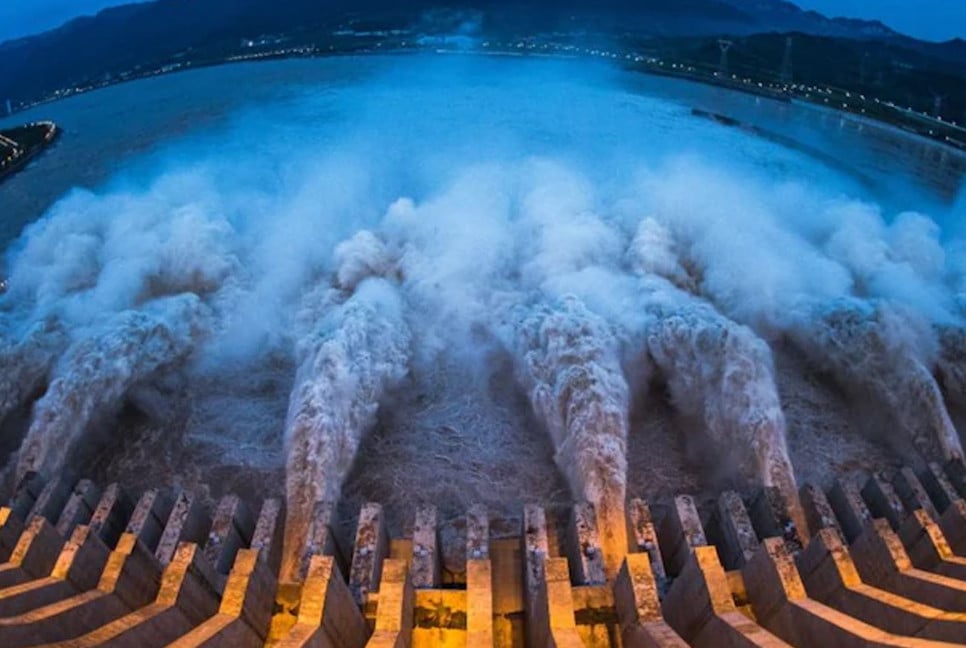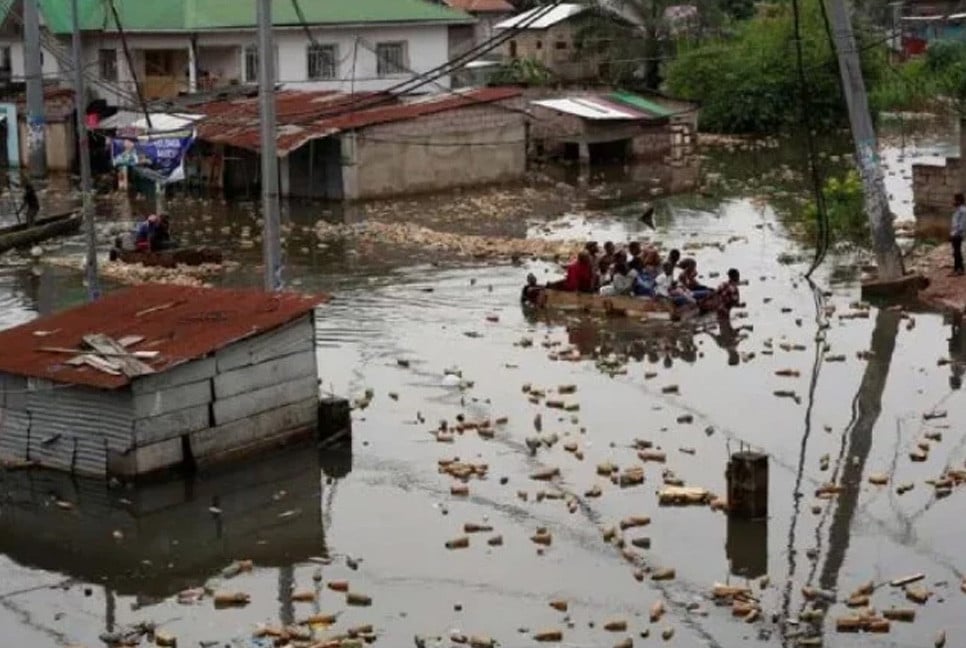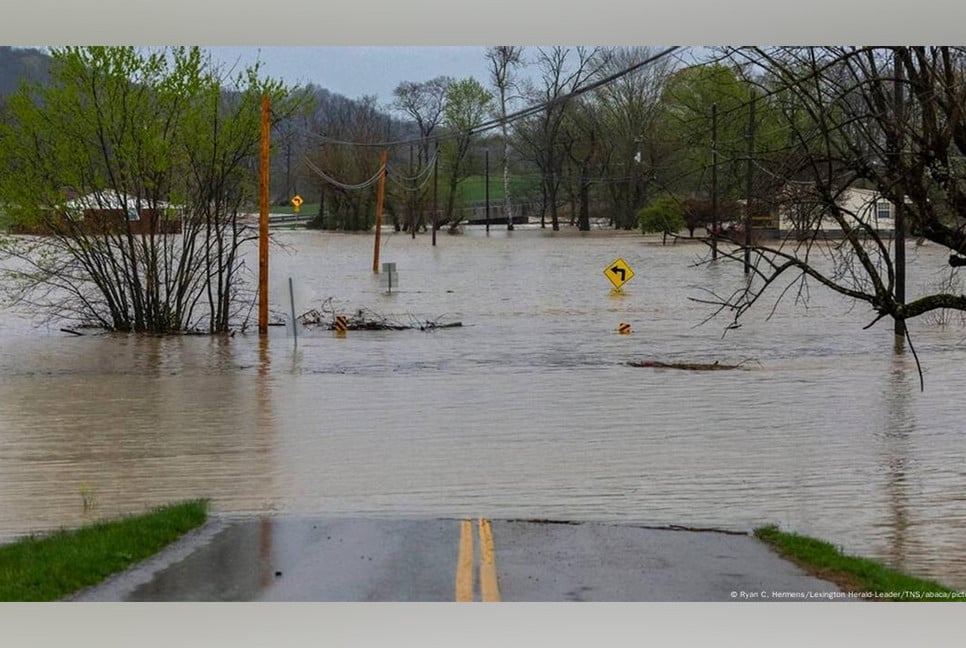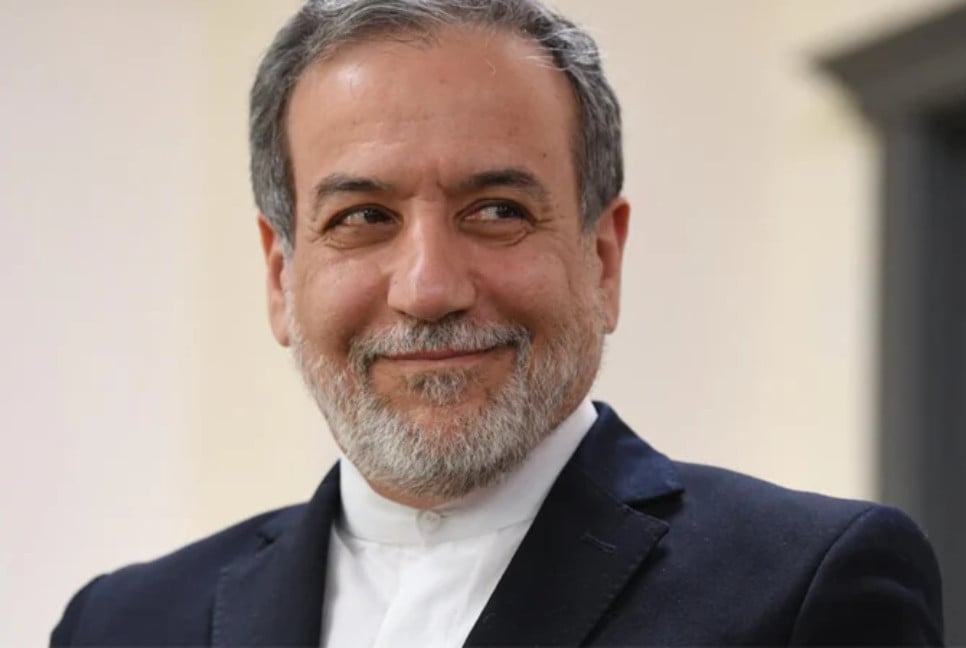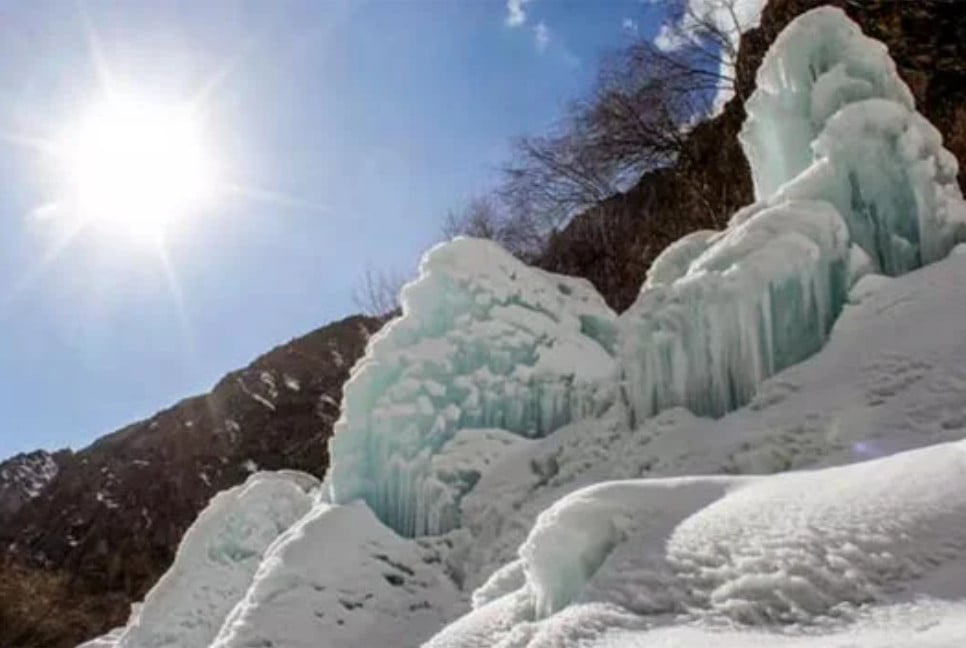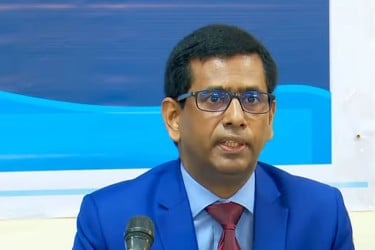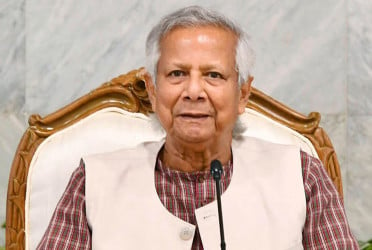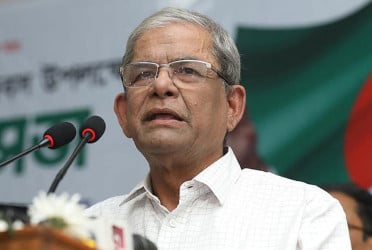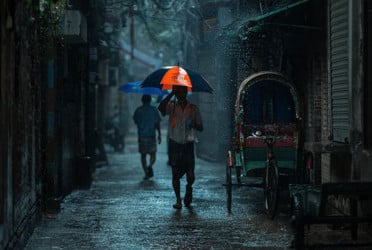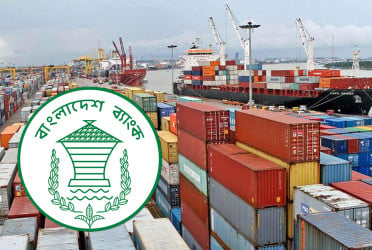Last week China announced that it is building the world's largest dam in Tibet - even larger than the Three Gorges Dam, which according to NASA, has slowed the Earth's rotation by 0.06 seconds. But unlike that one, which is built in central China, the new one will be built in an environmentally-sensitive Himalayan zone in Tibet, very close to the border with India, reports NDTV.
Besides the impact on the environment, the region is geologically fragile too as it falls in a high seismic zone and hence is prone to earthquakes of a relatively higher magnitude. These are two of several concerns New Delhi has about the gigantic project planned on the Brahmaputra river - which China calls by the name Yarlung Tsangpo in Tibet.
Days after Beijing's announcement about the mega project, New Delhi responded Friday, saying India will "protect its interests". It also sent a reminder to Beijing reiterating its rights to the waters of the river while also seeking transparency over Beijing's plans.
For now, the Ministry of External Affairs said, New Delhi will continue to closely monitor the latest developments, adding that necessary and appropriate action will be taken when required.
"We will continue to monitor and take necessary measures to protect our interests," the foreign ministry spokesperson Randhir Jaiswal said.
The project will have a massive impact on the flow of the Brahmaputra as well as the river basin. The proposed project will result in periods of severe drought and colossal floods affecting millions, perhaps tens of millions of Indians living downstream.
At a press conference in New Delhi Friday, the spokesperson of the Ministry of External Affairs said that Beijing has been urged "to ensure that the interests of downstream states of the Brahmaputra are not harmed by activities in upstream areas".
Addressing a question on concerns about the projects adverse impact on Arunachal Pradesh and Assam, Mr Jaiswal said, "As a lower riparian state with established user rights to the waters of the river, we have consistently expressed, through expert-level as well as diplomatic channels, our views and concerns to the Chinese side over mega projects on rivers in their territory."
"These have been reiterated, along with the need for transparency and consultation with downstream countries, following the latest report," he added.
The hydroelectric project also has a geopolitical impact. The project has the potential to result in acute geopolitical tensions between India and China, as it sows the seeds of "water wars" between the two nations - something Genevieve Donnellon-May, a geopolitical and global strategy adviser wrote about in 2022.
Bd-pratidin English/Tanvir Raihan

